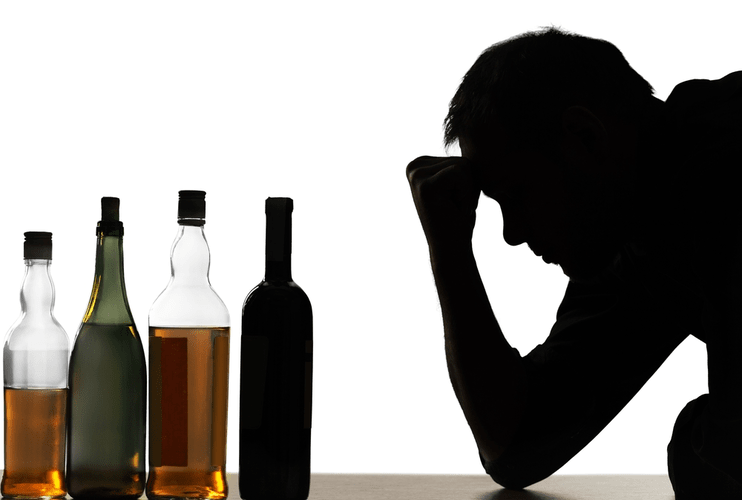
Alcohol Withdrawal Timeline: Symptoms to Expect During the First 72 Hours
Alcohol use disorder is a pattern of alcohol use that involves problems controlling your drinking, being preoccupied with alcohol or continuing to use alcohol even when it causes problems. This disorder also involves having to drink more to get the same effect or having withdrawal https://ecosoberhouse.com/ symptoms when you rapidly decrease or stop drinking. Alcohol use disorder includes a level of drinking that’s sometimes called alcoholism. In addition to experiencing Stage 2 symptoms, those with severe alcohol withdrawal experience severe anxiety and moderate to severe tremors.

These ritualistic beverages are, for many people, easy to recover from and will rarely lead to long-term health complications. Although these are general guidelines, your tolerance or consumption recommendation can vary based on your why does alcohol withdrawal cause seizures overall health, size, and medical condition. When you drink, the alcohol suppresses certain neurotransmitters in your brain. Early treatment with medication can help reduce seizure frequency and the chances of serious complications.
Postoperative and Rehabilitation Care
In rodents, the cortical EEG shows no sign of paroxysmal activity (10,11). Similarly, in humans, epileptiform activity is rarely observed in the EEG between episodes of alcohol withdrawal–related tonic–clonic seizures (12,13). Thus, alcohol withdrawal seizures are unlikely to be triggered in the neocortex. Indeed, electrophysiological studies have demonstrated a critical role for the inferior colliculus (IC) in the initiation of audiogenic seizures in rodents. The IC external cortex is believed to amplify and propagate neuronal activity originating in the IC central nucleus.
If you or someone you know is going through alcohol withdrawal, it is important to be aware of the risks and to get medical help if needed. An alcohol withdrawal seizure may feel like a loss of consciousness which you are slow to wake up from. If you are conscious during an alcohol withdrawal seizure, you may experience repetitive, uncontrolled movements of part or all of your body. Prior to the seizure, you may also experience an “aura,” consisting of an unusual visual change, smell, taste, or sound caused by abnormal brain activity. About half of all people with alcohol withdrawal will have two to four seizures within the six hours that follow the first.[5] Without prompt treatment, these episodes can be life-threatening.
Protracted withdrawal
The hallmark of management for severe symptoms is the administration of long-acting benzodiazepines. The most commonly used benzodiazepines are intravenous diazepam or intravenous lorazepam for management. Patients with severe withdrawal symptoms may require escalating doses and intensive care level monitoring. Also, consider these risk factors for any patient presenting with seizures of unknown etiology. If you’ve developed alcohol use disorder in addition to alcohol dependence, detox may not be enough to address your alcohol problem. Detox alone may help you achieve sobriety, but that sobriety may be short-lived.


